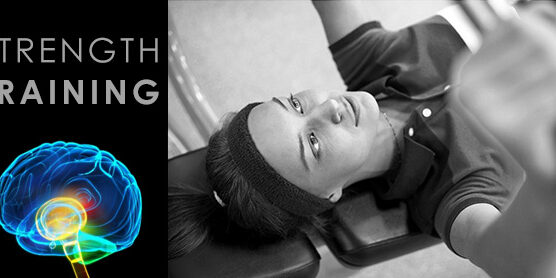Why Strength Training is so Important
Most addiction treatment programs employ many tools that can help with addiction recovery, but let’s talk about one of the most critically beneficial and overlooked components – Strength Conditioning.
In a nutshell, strength conditioning can be a very powerful tool in addiction recovery because physical strength translates into better performance. In other words, the stronger you are the better you do physically — so long as you do not hurt yourself along the way! And while it makes perfect sense that a healthier body would allow a substance dependent or addicted individual to better physically cope, it actually turns out that the benefits of strength training do not stop there.
We now understand that, within the contexts of addiction OR life in general, the stronger you are physically the stronger you are mentally. There is a positive transfer of strength training from a physical process into a psychological benefit when you reach a state called progressive physiologic overload. Achieving safe and consistent muscular overload in this way affords the brain additional protection and eases maladaptive interpersonal tension-producing behaviors. Irritability and anxiety tend to automatically be reduced.
Also, achieving this state of progressive physiologic overload improves memory and shields the brain from the kind of negative thoughts and emotions that tends to drive “bottom up” fast thinking & addictive behaviors. This physiologic change facilitates positive behavioral changes!
The Science Behind Strength Training
Intense exercise can produce short-term euphoria, lower anxiety levels, and increases to a person’s threshold for pain. This is correlative with increases in brain opioids and presumably endocannabinoids, which are the brain’s natural cannabis-like molecules.
Endorphins, enkephalins and endocannabiloids can generate these short-term psychoactive effects in the brain. These endogenous (naturally occurring) brain molecules easily move through the body and can also indirectly activate dopamine cells of the ventral tegmental area and hence stimulate the pleasure circuits found in the medial forebrain.
What does all of this mean? In the end, it simply means that there is little doubt that exercise has the potential to rehabilitate both the body and mind and help you to feel good while doing so, which is exactly what you want with addiction recovery.
Strength Training at My Addiction Physician
At My Addiction Physician we help you by creating physical strength conditioning exercise sets to produce a progressive physiologic overload. We do this to assist in the rehabilitation of body and mind, and to increase performance.
With respect to strength training and exercise, we are specifically looking for:
- Up regulation of muscle & bone protein synthesis
- Elaboration of Brain Derived Neurotrophic Factor (BDNF)
- Decreases to systemic vascular resistance and blood pressure
- Decreases to insulin resistance
- Stimulation of muscle & bone growth
- And of course, production of endorphins, enkephalins, & endocannabinoids.
This strength conditioning method can best be described as a “no impact and non-repetitive” progressive isometric exercises set to fatigue. This physiologic change, producing anaerobic overload, breaks down and subsequently rebuilds target muscle fibers and stimulate bone growth. lowers blood pressure, improves blood sugar control & protects brain from negative thoughts & emotions! The methods we use at My Addiction Physician are safe, effective, time efficient and physiologically sound for promoting core strength and increasing musculature.
This physiologic methodology is completed in 20-30 minutes and results in progressive physiologic overload. Exercise sessions happens at a rate of no more than two days per week, with 3-4 days between exercise sets for proper recovery.






